Explainer: What’s Arash gas field row between Iran, Kuwait and Saudi Arabia?
By Alireza Hashemi
A strategically important Persian Gulf gas field shared between Iran, Kuwait and Saudi Arabia is again in the news after Kuwaiti officials repeated their fallacious claims while denying Iran its legitimate rights.
The development of this gas field hinges on the resolution of a long-running ownership dispute between the three stakeholders, like some other oil or gas fields in the Persian Gulf region.
Last week, the Kuwaiti foreign ministry in a statement insisted that it holds "exclusive rights" to the strategic maritime gas field along with Saudi Arabia, which is known as Al-Dorra in the two countries.
A day after the Kuwaiti statement, Riyadh also upped the ante, asserting “full” rights over the field.
Saudi state news agency SPA, citing the foreign ministry, said on Tuesday that the Arab kingdom has “full rights” along with Kuwait to the gas field that was discovered in 1967.
After the controversy erupted, Iran’s foreign minister Hossein Amir-Abdollahian held talks with his Kuwaiti counterpart Sheikh Salem Abdullah al-Jaber al-Sabah on the sidelines of the meeting of the foreign ministers of the Non-Aligned Movement member-states in Baku on July 5.
According to sources, the gas field dispute also figured in discussions between the top diplomats.
What's the root of dispute?
The strategic offshore gas field, known as Arash in Iran and Al-Dorra in Kuwait and Saudi Arabia, is located in the interlocking marine region between Kuwait and Iran in the Persian Gulf.
The row over the field stretches back to 1967 when it was discovered by the Japanese firm AOC.
Iran and Kuwait each awarded an offshore concession, one to the Anglo-Iranian Oil Company, the forerunner to British Petroleum, and one to Royal Dutch Shell.
The two concessions overlapped in the northern part of the field, whose total proven gas reserves are estimated to be around 20 trillion cubic feet.
Over the years, Iran and Kuwait held several rounds of talks over their disputed maritime border area, aiming to define and demarcate its borders, but the talks failed to produce a desirable breakthrough.
Iran engaged in drilling operations in the field in the early 2000s, but those activities were stopped after a visit by a high-level Kuwaiti delegation to Tehran, as Iran didn’t want any dispute.
Why hasn't dispute been resolved?
According to a border demarcation model presented by the Islamic Republic of Iran, nearly 40 percent of the gas field is located in the territorial waters of Iran.
But Kuwait in recent years has proposed another borderline, putting the entire field within the neutral zone between Kuwait and Saudi Arabia, which denies Iran its legitimate rights over the field.
Other factors that have prevented the resolution of the long-running dispute include tensions between Iran and other Persian Gulf states and the fact that the field is relatively smaller compared to other fossil fuel reservoirs in the region.
Why is dispute back in news?
In March 2022, the Kuwaiti government signed an agreement with Saudi Arabia to jointly develop the field, without taking into confidence another key stakeholder – Iran.
Iran at the time rejected the agreement as "illegal" and in violation of previous negotiations, saying Tehran must be included in any action to operate or develop the field.
In December last year, Saudi Arabia's state oil company, Saudi Aramco, and Kuwait Gulf Oil Company signed a memorandum of understanding to develop the field. The agreement stipulated the production of 1 billion cubic feet of gas and 84,000 barrels of LNG per day.
Tehran, on the other hand, has pledged to proceed with the development of what it deems as its own part of the deal should Kuwait and Saudi Arabia go ahead with their agreement.
Last month, Mohsen Khojsteh Mehr, the managing director of the National Iranian Oil Company (NIOC), said Iran was ready to start drilling operations in its own part of the field.
"Considerable resources have been allocated to the board of directors of the National Iranian Oil Company for the implementation of the development project for this field," he said at the time.
Kuwaitis, Saudis feel unnerved
The announcement was followed by fresh remarks attributed to an official at Kuwait’s foreign ministry last Monday that Kuwait and Saudi Arabia have "exclusive rights" to the field.
The official was quoted as saying the maritime area where the field is located is part of Kuwait's "sea territories", and natural resources therein are shared between Kuwait and Saudi Arabia.
He also called for talks with Iran on the demarcation of the maritime border, saying those talks should be held between Kuwait and Saudi Arabia on the one hand and Iran on the other hand.
"The State of Kuwait and the Kingdom of Saudi Arabia... alone have exclusive rights to the natural wealth in the Al-Dorra field," the statement noted. "The State of Kuwait renews its invitation to the Iranian side to start negotiations on the demarcation of the maritime borders.”
Later, Kuwaiti oil minister Saad Al-Barrak also said the Arab country rejects Iran's reported drilling plans for the field, claiming that they “violate” what he called basic principles of international relations.
A day later, Saudi Arabia publically threw its weight behind Kuwait, with a source at the kingdom's foreign ministry quoted as saying by the state news agency SPA as saying Saudi Arabia and Kuwait exclusively own the so-called "divided zone" in the Persian Gulf, including Dorra gas field.
The foreign ministry also renewed the kingdom's call to Iran to start negotiations with Riyadh and Kuwait on the demarcation of the eastern border of the divided zone, the SPA said.
What do facts say about the dispute?
The dispute has been lingering for decades, with both Kuwait and Saudi Arabia insisting that they own the field. Albeit, on occasions, Kuwaiti officials have admitted to the disputed nature of the field.
A 2005 report by Richard LeBaron, then-US ambassador to Kuwait, quoted top Kuwaiti diplomat Mohammed Al-Sabah Al-Salem Al-Sabah as saying he had visited Iran to settle a decades-long dispute over the delineation of the contested continental shelf, according to cables published by Wikileaks.
“He explained that he was ‘dispatched’ to Iran because Iran in March declared its intent to begin re-drilling in the disputed region,” Al-Sabah was quoted as saying in the leaked cables.
“He said the two sides managed to agree to three items: that a disputed area exists, that there will be no unilateral activity in the disputed area, and that a technical committee should be formed to resolve the dispute,” he hastened to add.
The new position announced by Kuwait and Saudi Arabia contradicts the agreement mentioned here.
Another Wikileaks cable dated March 2004 quoted a Kuwaiti energy ministry official as saying the Arab government considers developing the Al-Durra field shared with Saudi Arabia and Iran, but that “the dispute with Iran regarding their competing claims on the field would need to be resolved first.”
Can three stakeholders solve the dispute?
The dispute over the gas field, according to strategic affairs observers, can be managed and resolved amicably by Iran and the two Arab states in the wake of the diplomacy wave sweeping the region.
Iran and Saudi Arabia in March agreed to restore diplomatic ties after seven years in a deal brokered by China and following marathon talks facilitated by Iraq and Oman for two years.
Kuwait, who followed suit and severed ties with Iran in January 2016, restored ties late last year, months before the Iran-Saudi rapprochement.
Experts opine that with long-running antagonism between Iran and Saudi Arabia gradually fading, there are better prospects for the settlement of the long-running dispute over the Arash gas field.
The three stakeholders, they say, need to first demarcate the maritime border and then determine how much of the field each country owns and how they want to develop the field.
Iranian officials have held a series of talks with the two countries over the dispute and repeatedly emphasized the importance of resolving it.
On Wednesday, Iran’s foreign minister Hossein Amir-Abdollahian held talks with his Kuwaiti counterpart Sheikh Salem Abdullah al-Jaber al-Sabah in Baku on the sidelines of the meeting of the top diplomats of the Non-Aligned Movement member-states.
The two officials “affirmed the importance of boosting cooperation to maintain the region’s security, safety, and stability … stressing the need for preserving dialogue,” Arabic media reported.
Similarly, the Iranian oil minister met his Saudi counterpart, Prince Abdulaziz bin Salman, on the sidelines of an OPEC conference in Vienna to discuss “bilateral issues.”
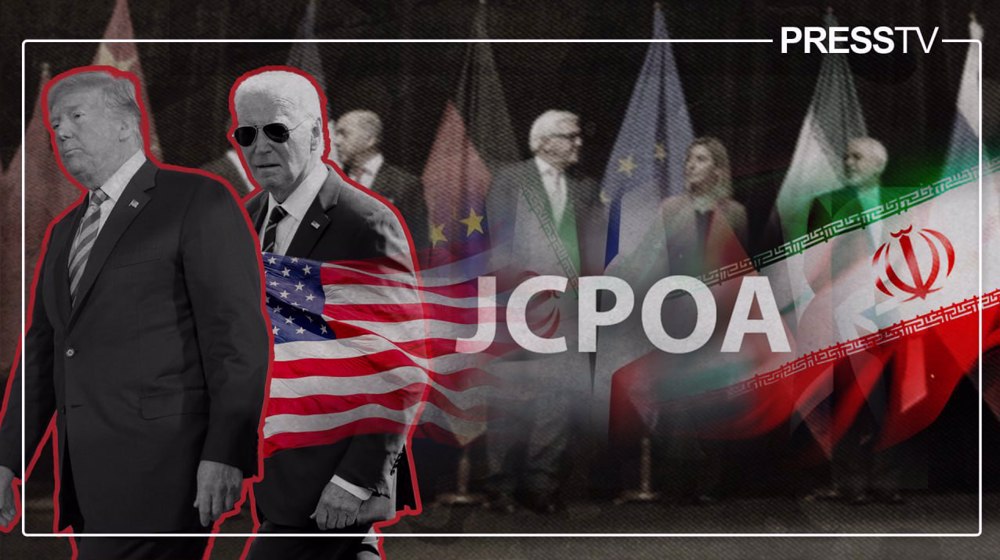
Analysis: As indirect nuclear talks resume in Rome, why is Iran distrustful of US
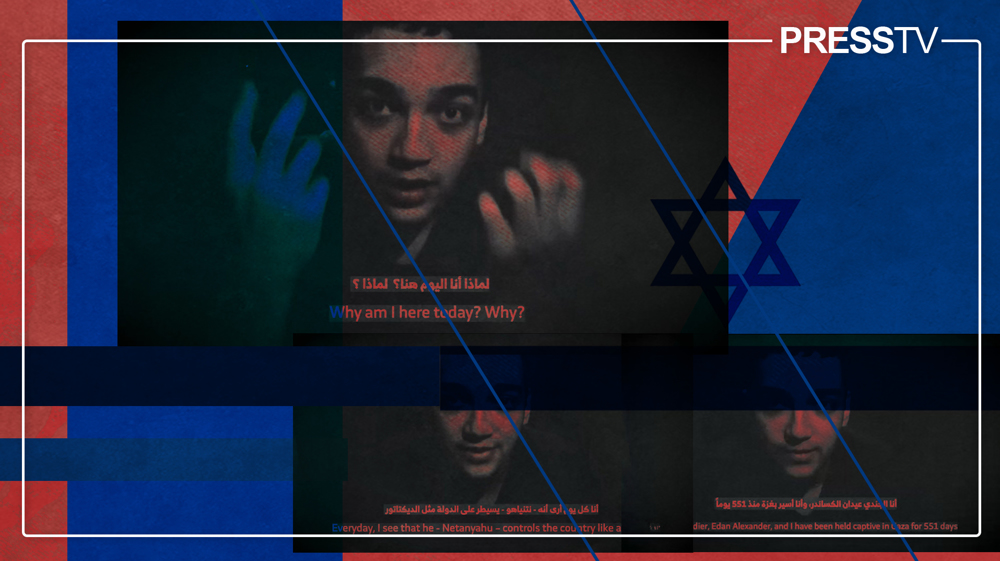
‘Hannibal Directive’ at play as Al-Qassam Brigades lose contact with Edan Alexander
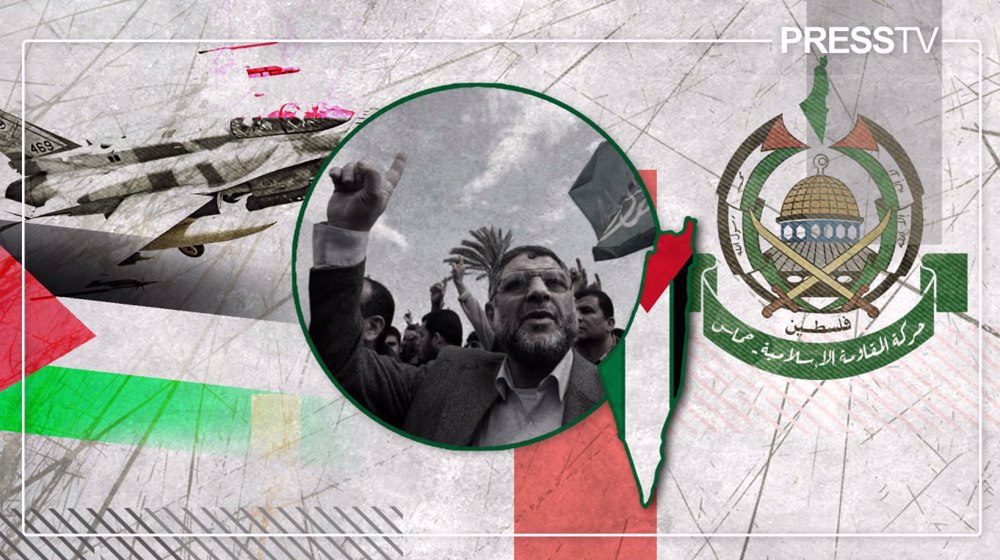
Remembering Abdel Aziz Al-Rantisi, Hamas co-founder and ‘Lion of Palestine’
VIDEO | Demonstrators in Britain’s Essex rally against Israel’s genocidal war on Gaza
VIDEO | More nationwide ‘50501’ protests against Trump’s agenda
VIDEO | US airstrikes devastate Yemen’s Ras Isa port
Iran Army possesses ‘ultra-secret, AI-powered’ weapons; enemy has no chance to survive: Cmdr.
VIDEO | 2nd round of indirect Iran-US talks wraps up in Rome
‘Rome talks made progress on principles of ‘likely deal’; optimism warranted but with great caution’
We bypass politicians and go straight to aggressors: Palestine Action co-founder
VIDEO | Indirect Iran-US talks






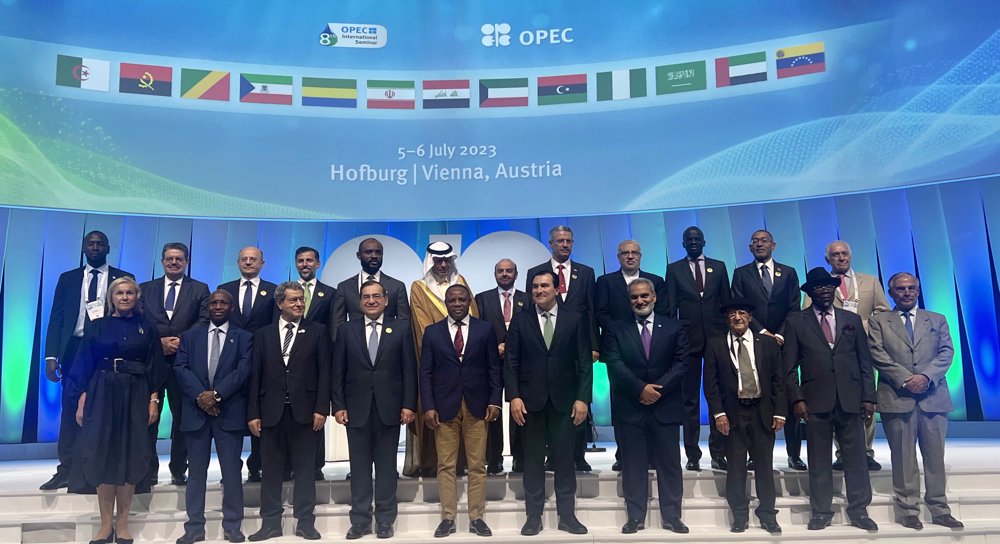
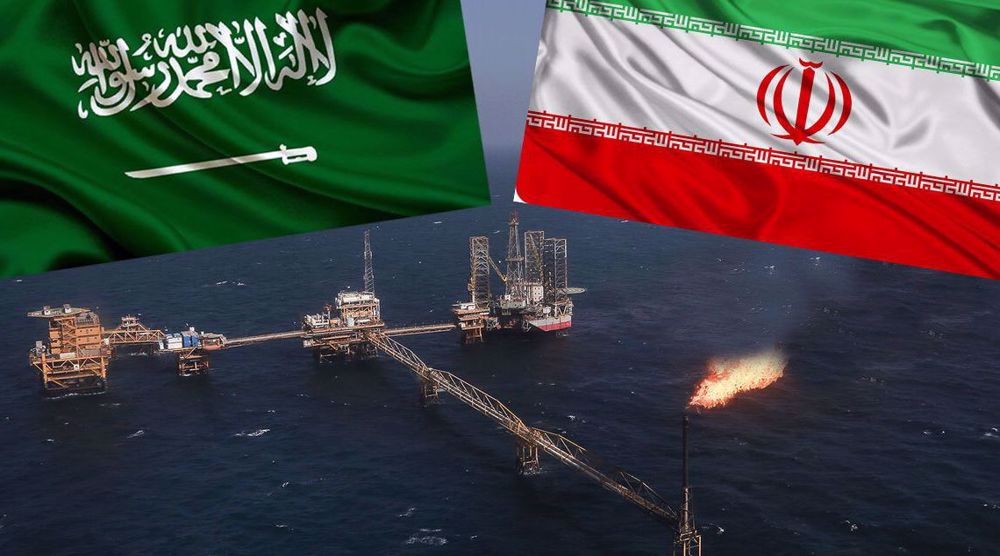
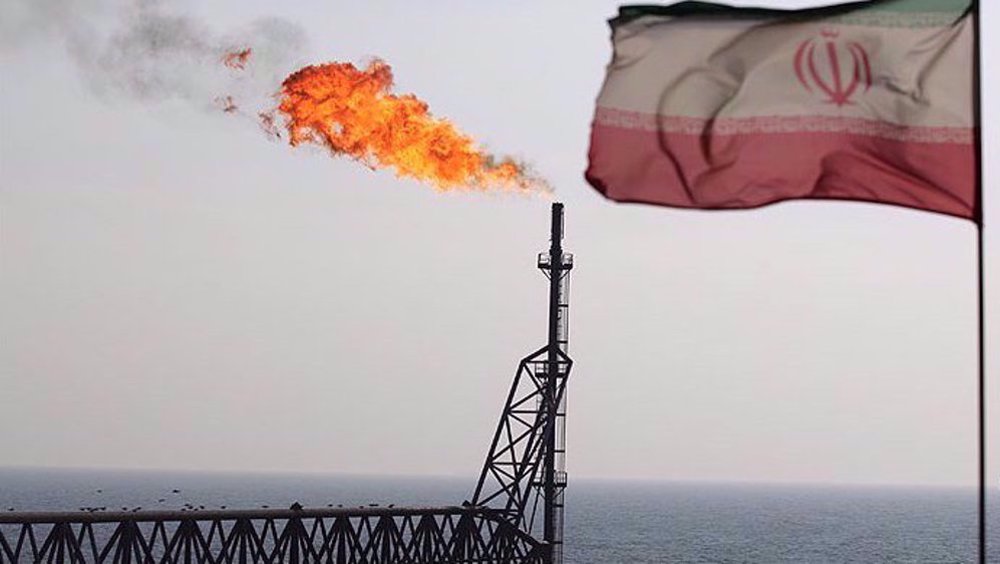
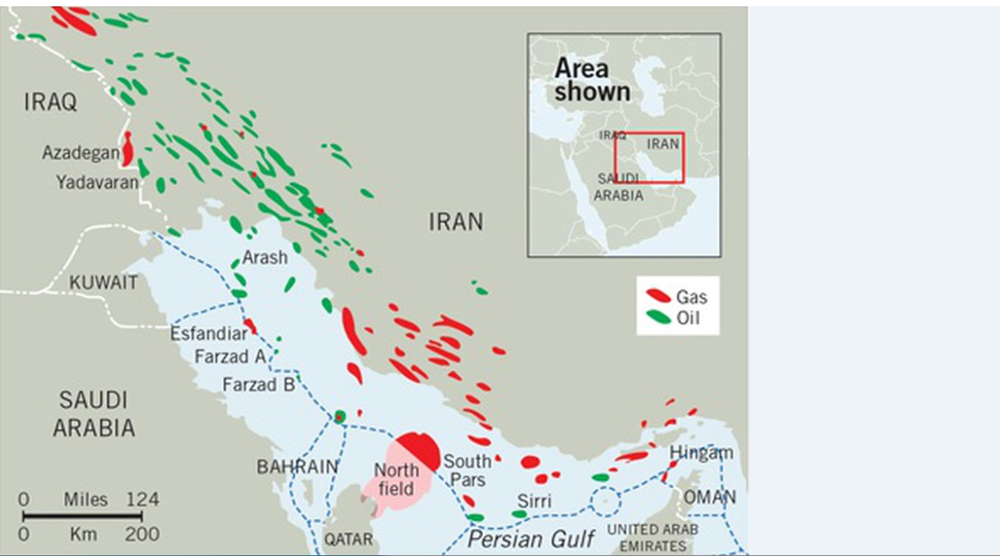

 This makes it easy to access the Press TV website
This makes it easy to access the Press TV website